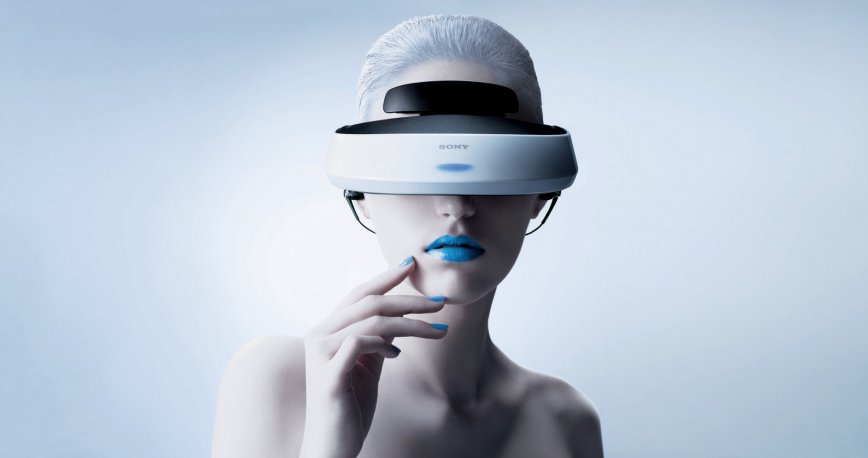“Look! This is how our children and grandchildren will communicate.” My fiancee looked away from her computer, onto my computer screen, to watch a video of a young guy playing with his holographic virtual reality glasses. His hands were playing with a virtual object, a call came in and he chatted with a holographic appearance of his colleague. “This really worries me,” she said. We stared at each other in silence, and suddenly it dawned upon us: We sounded just like our parents and grandparents, just a few decades ago.
For one reason in particular it doesn’t make sense that we are so worried about the consequences of technological developments on future generations: We have been there ourselves. We have been part of the revolution from analogue to digital, and yet we fear the completely logical sequence of events that follows this revolution.
It made me wonder what exactly we fear about these developments. Are we worried about the consequences of ever-increasing information overload on the developing brains of our future children? Or are we afraid that we cannot keep up with the pace of developments ourselves, just like our parents and grandparents at some point started to miss the boat, and become irrelevant to our own sons and daughters? God forbids, one day our children can download a much cooler virtual mom or dad for just $1.99.
We may carry all of these fears with us. But what we may fear most, may be the one thing we actually have in common with our parents and grandparents. As technology quickly invaded their lives in the 20th century, they eventually realised that it can never replace the most valuable experiences in life — the ones that make us most happy. A phone call has never managed to replace the intensity of feeling the warmth of a hug. An evening scrolling down your infinite Facebook timeline cannot replace the value of a night out with friends. Who remembers all the amazing pictures on Instagram vs. having actually seen the most beautiful places on earth? It makes perfect sense to be concerned about whether our children will be able to discover what makes life worthwhile, just like our parents worried about our ability to do so. After all, we generally want the best for our children.
I run two businesses that are active in the digital scene, so I know how these developments can make a positive contribution to companies, people’s lives and ultimately, to society as a whole. But I am also worried. Worried about how digital technology not only replaces those real moments that ultimately make life worthwhile, but how technology blurs the lines between real and virtual experiences. Once a layer of virtual reality starts to penetrate our day to day life, every real experience may be enhanced or compromised by a digital additive. Scientists have long known that the human brain has a hard time distinguishing between what’s real and what it imagines, which makes it likely that the brain can easily be trained to experience these virtual layers as part of the real world.
I hope the heart is capable of doing the same.
Photo courtesy of Sony. This article was also posted in the Huffington Post and on Medium.


